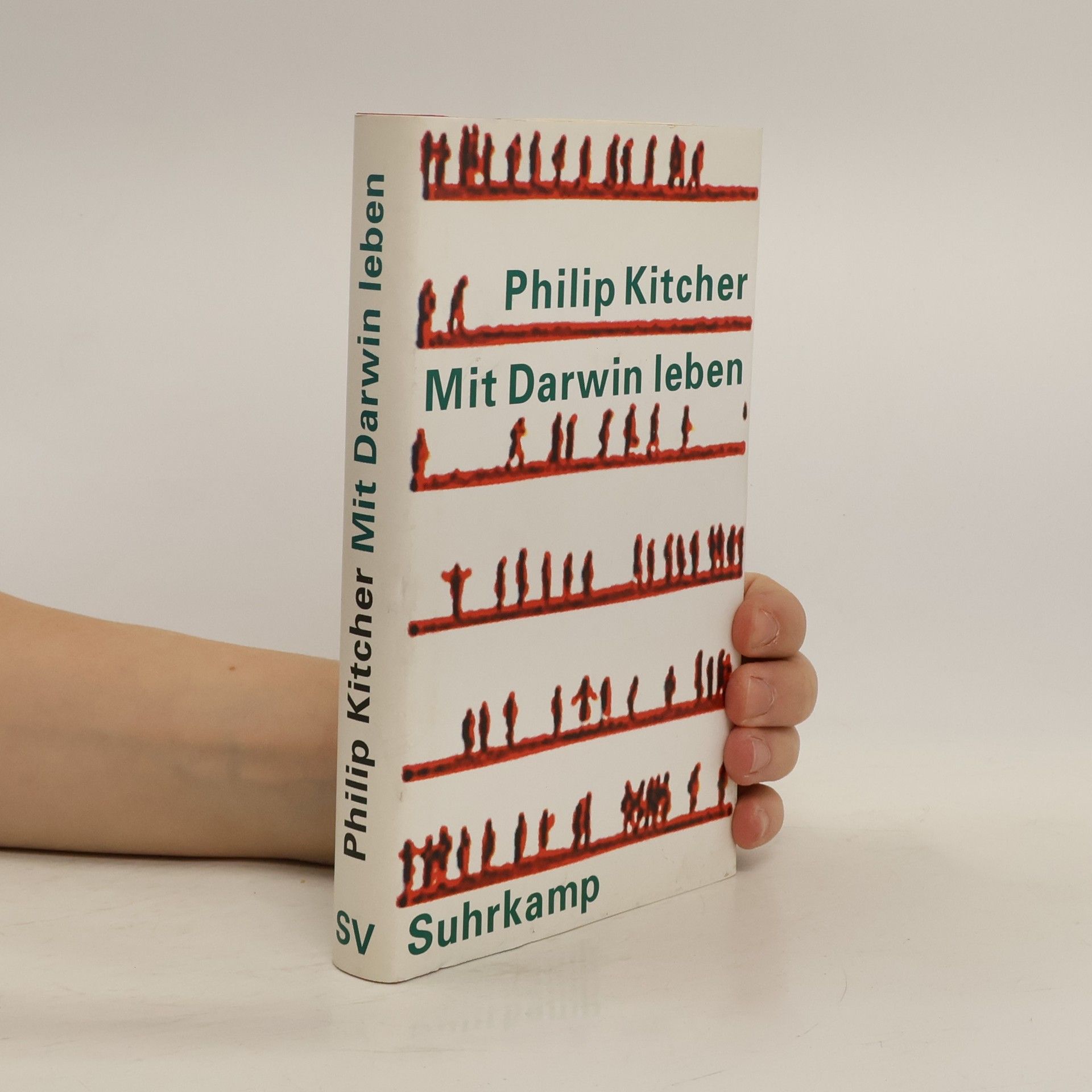Mit Darwin leben
Evolution, Intelligent Design und die Zukunft des Glaubens
Als Charles Darwin im Jahr 1882 starb, sollte er auf Wunsch der Familie auf dem Friedhof jenes kleinen Dorfes in Kent beigesetzt werden, in dem er fast sein halbes Leben verbracht hatte. Daraus wurde nichts. Eine öffentliche Kampagne mit ausdrücklicher Unterstützung der anglikanischen Kirche führte dazu, dass der Begründer der Evolutionstheorie ein Staatsbegräbnis erhielt und seine letzte Ruhestätte in der Westminster Abbey fand - direkt neben dem Grabmal Isaac Newtons. Der Frieden zwischen der Kirche und Darwin war allerdings nur von kurzer Dauer. Heute, 150 Jahre nach der Veröffentlichung von On the Origin of Species, ist der Kampf um die Evolutionstheorie wieder neu entbrannt und Darwins gefährliche Idee steht insbesondere für Vertreter der christlichen Schöpfungslehre und ihrer wissenschaftlichen Spielart, der sogenannten Intelligent-Design-Theorie, zur Disposition.




